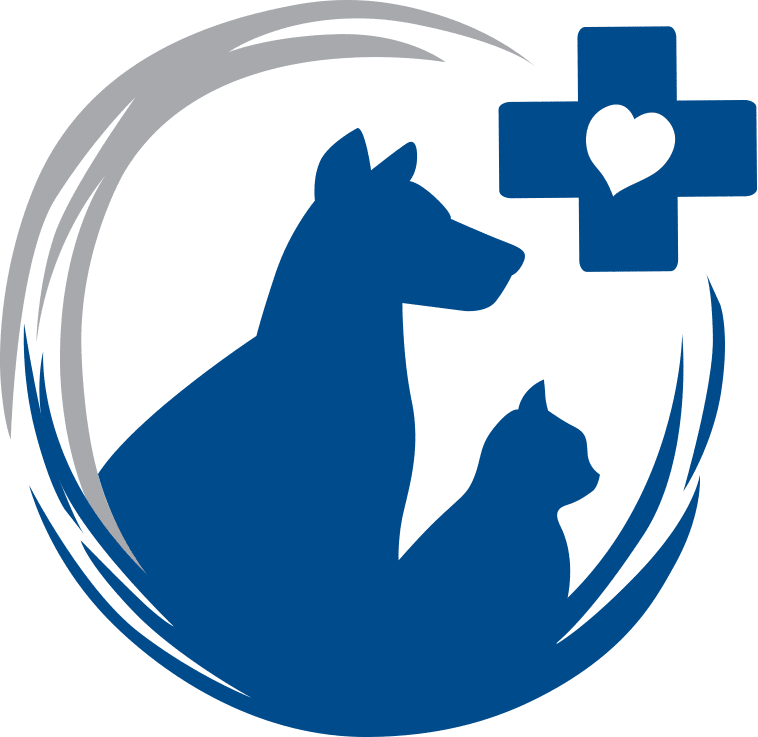Site Menus Section Skip to page content


Site Accessibility Features: Skip to page menus
Site Menus Section Skip to page content

With the rise of recent reports of avian influenza (bird flu) we felt it was best to take a moment and give our pet owners the 4-1-1! Yes, it is a virus, the H5N1 virus to be specific, that primarily affects our feathered friends. But, it’s important that our cat and dog parents are aware of it and know how to protect their pets and communities too.
We here are Mulford Animal Hospital want to help you stay informed and what steps you can take to keep your pets safe. We have made a quick guide below to help address some of your questions and possible concerns. As always, should you have any additional questions, please do not hesitate to contact us at Mulfordanimal1902@yahoo.com or call us at 815-398-4160.
Is my pet at danger of getting the bird flu?
For avians: Pet birds, backyard chickens, ducks, and geese are at a higher risk if wild birds enter their yards or enclosures. Birds can become infected by direct contact with sick birds or indirectly through equipment, feathers, feces, or anything that the infected bird came in contact with. It is important to limit any possible interaction between wild and domesticated birds. Keep feeders, watering supplies, enclosures, tools, boots, and clothing, etc completely separate. If you have outdoor chickens, ducks, etc, it is highly recommended to put deterrents in your yard, around enclosures, and on top of enclosures to keep wild birds from coming near or in contact with them.
For companion pets: cats are more vulnerable than dogs, but consuming raw contaminated meat, unpasteurized milk, or wild birds puts any of them at risk. Monitoring your pet outside is important to keep them away from wildlife. Additionally, if you feed a raw diet, extreme caution should be used in where you purchase the items from.
How can I protect my pets?
There unfortunately is not a vaccine available; however, there are several ways you can protect your pet from bird flu:
Bird Flu symptoms in BIRDS and backyard FLOCKS:
Bird Flu symptoms in DOGS and CATS:
If you notice one or more of these symptoms in your pet, please call us at 815-398-4160. Do not bring any pet that make be suspected of the bird flu into the hospital. Contact us so that we may assess and determine the right approach to protect all of our patients.
How is Avian Flu Diagnosed in Dogs and Cats?
The bird flu can mimic other respiratory diseases in our patients. This means that diagnostic tests are needed to determine the cause of their symptoms and give your pet the best treatment possible. It is important to know if your pet may have eaten a dead bird or consumed unpasteurized cow’s milk since these increase your pet’s risk of becoming infected.
By working together, we hope to help protect our patients and slow the spread of the bird flu. If you’re concerned that your pet may be showing symptoms or if you have additional questions, please call us at 815-398-4160.
Please visit these trusted sites for additional information and resources:
1902 S. Mulford Rd Rockford, Illinois 61108
Phone: 815-398-4160 Email: mulfordanimal1902@yahoo.com
For after-hour emergencies please contact the Animal Emergency Clinic – (815) 229-7791
We accept Cash, Visa, MC, Discover, and Care Credit
© 2025 Mulford Animal Hospital. Provided by ePet Websites | Powered by LifeLearn WebDVM